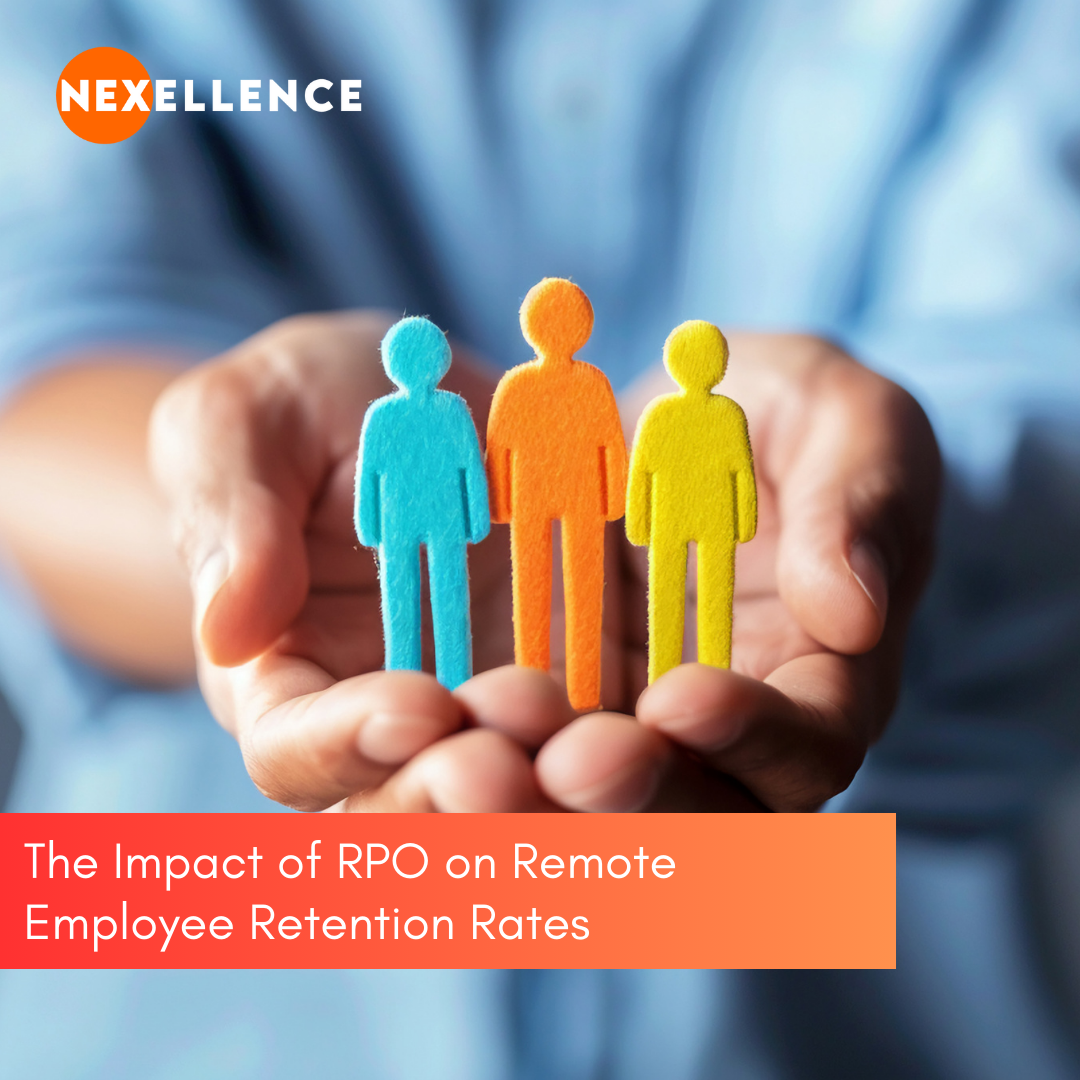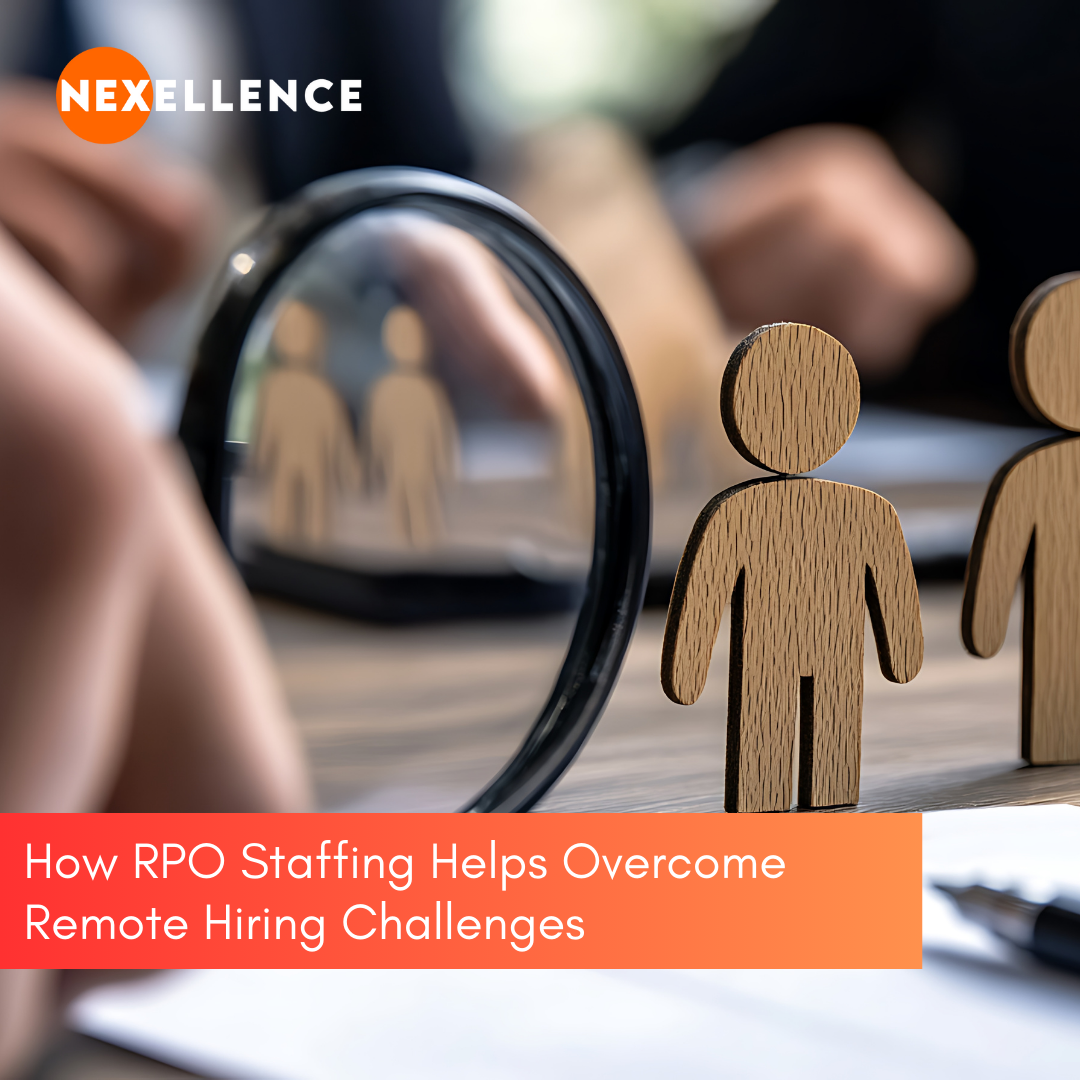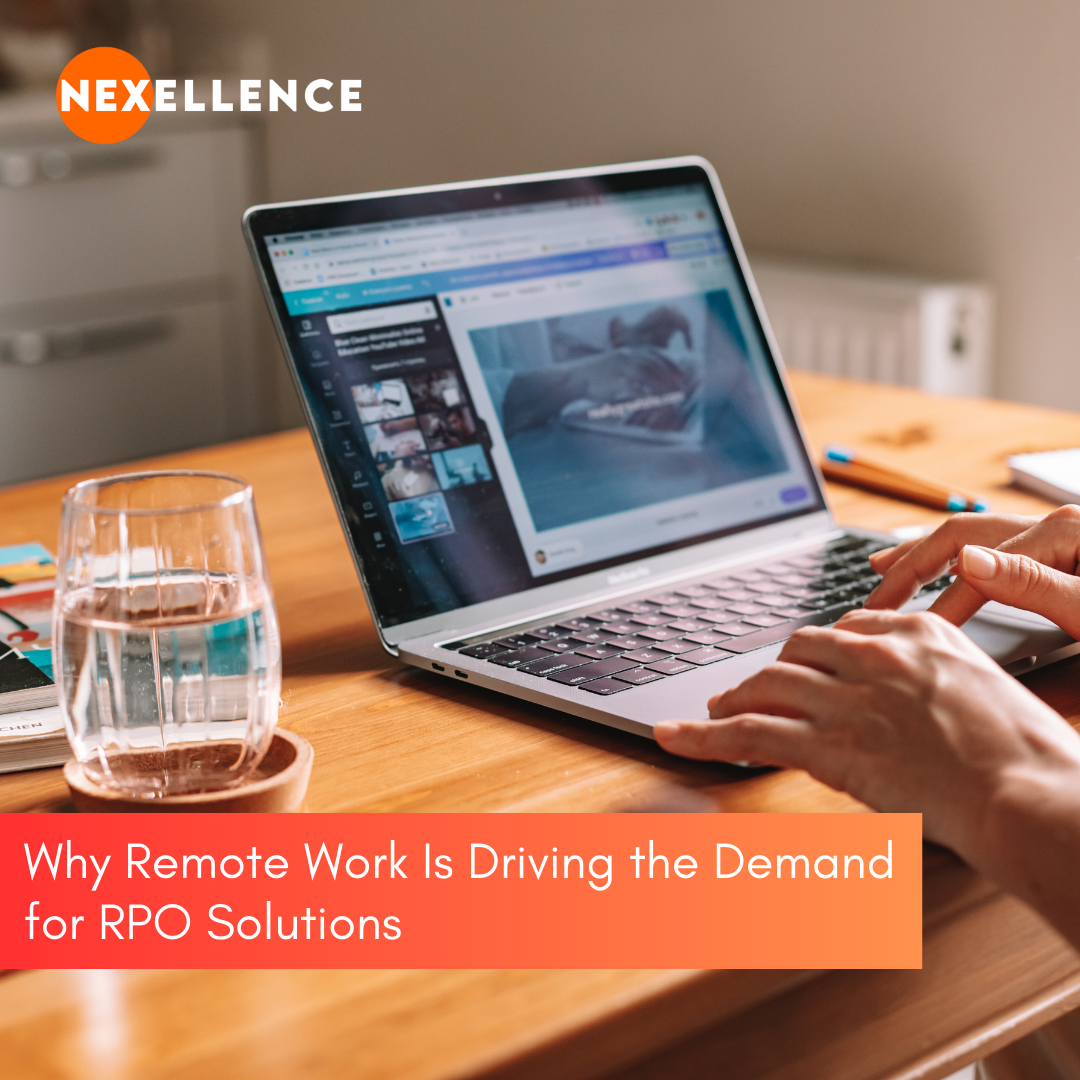In today’s competitive hiring landscape, choosing the right recruitment model can make or break your talent strategy. Two popular approaches stand out: Recruitment Process Outsourcing (RPO) and traditional recruiting. While both aim to find the best candidates, they differ significantly in structure, flexibility, cost, and long-term impact.
So, which one is right for your business? Let’s break it down.
What Is Traditional Recruiting?
Traditional recruiting typically involves in-house HR teams or external staffing agencies handling the recruitment process on a per-hire or project basis. It’s often transactional and best suited for immediate, one-off needs.
Key Characteristics:
- Pay-per-hire model
- Short-term or ad hoc hiring
- Often used for urgent or temporary positions
- Limited strategic input
Pros:
- Faster results for one-off roles
- Minimal upfront investment
- Flexibility to switch recruiters at any time
Cons:
- Less aligned with long-term company goals
- Higher cost per hire
- Quality may vary between vendors
- No ownership of employer branding or candidate experience
What Is RPO (Recruitment Process Outsourcing)?
RPO is a strategic partnership where a company outsources all or part of its recruitment process to an external provider. RPO vendors act as an extension of your internal HR team and often handle everything from sourcing to onboarding.
Key Characteristics:
- Long-term engagement
- End-to-end or partial recruitment process management
- Data-driven hiring strategies
- Embedded within company culture and processes
Pros:
- Scalable and customizable
- Lower cost per hire over time
- Consistent candidate experience
- Access to advanced recruitment tech and analytics
- Enhanced employer branding
Cons:
- Longer onboarding time
- Initial investment may be higher
- Requires a culture of collaboration and shared goals
Key Differences at a Glance
| Feature | Traditional Recruiting | RPO |
|---|---|---|
| Scope | Transactional, short-term | Strategic, long-term |
| Cost Structure | Pay-per-hire | Monthly or project-based |
| Scalability | Limited | High |
| Technology & Analytics | Basic or none | Advanced, integrated tools |
| Employer Branding | Minimal influence | Strong focus on consistency |
| Candidate Experience | Varies | Streamlined and consistent |
| Partnership Depth | Vendor | Strategic partner |
Which One Is Right for You?
Choose Traditional Recruiting if:
- You have a small number of open positions
- Your hiring needs are unpredictable or seasonal
- You want a quick fix for urgent hires
- You’re not ready for long-term commitment
Choose RPO if:
- You’re scaling quickly or have high-volume hiring needs
- You want to reduce time-to-hire and improve quality
- You need consistency in process and branding
- You’re looking for long-term recruitment efficiency





